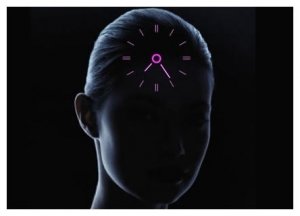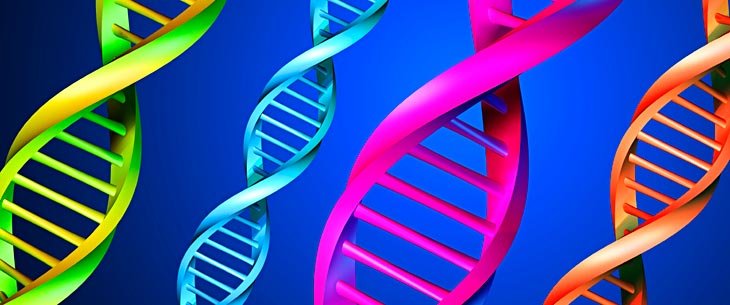 A novel technique was employed by scientists recently to estimate the time of death by correlating the deceased individuals i of the human brain, which regulates the body’s day-and-night cycle over a 24 hour period, scientists said.
A novel technique was employed by scientists recently to estimate the time of death by correlating the deceased individuals i of the human brain, which regulates the body’s day-and-night cycle over a 24 hour period, scientists said.
Their findings suggest that a healthy person’s time of death could be estimated with just a few hours, compared to longer periods of time using other techniques, by analyzing a set of activity genes (the technique looks a the genes to see whether they’re switched high or low) within certain regions of the deceased brain.
Moreover, as a breakthrough medical finding, the researchers discovered that correlation broke down when they analysed the autopsied brains of people who had suffered from depression. It seems depressed individuals have a internal circadian clock that is set haywire from the rest of the healthy population, basically putting them in different time zones from everyone else.
The findings suggest that patients with severe depression could be better treated if there was some way of improving the relationship between the daily cycle of gene activity of the brain with the actual time of day or night, they said.
“We think the depressed individuals are more likely to be out-of-sync with the regular wake-sleep timing,” said Jun Li of the University of Michigan, the lead author of the study published in the journal Proceedings of the National Academy of Sciences.
“Our data also suggests that their daily cycles are not only shifted, but also disrupted. That is, they sleep by the wrong clock, and when they do sleep, the quality [of sleep] could be different from normal sleep,” Dr Li said.
“If we can understand how depression and poor sleep reinforce each other, we may be able to find better treatment, perhaps by finding better ways to break the cycle,” he said.



